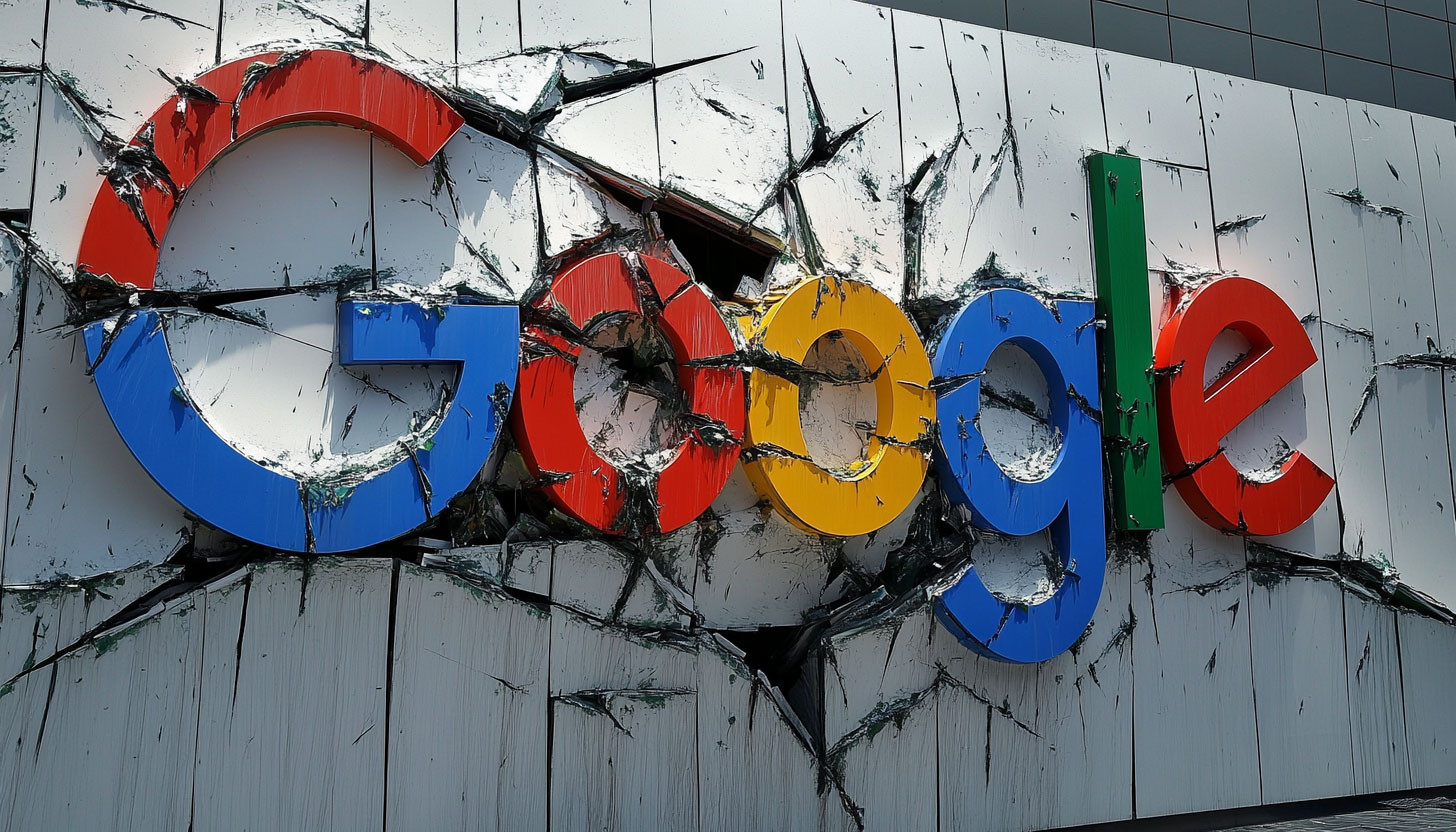According to the U.S. Department of Justice , proposed remedies to "prevent and restrain the maintenance of monopolies" may include prohibitive contractual requirements and clauses; non-discriminatory product regulations; data and interoperability requirements; and structural requirements.
The Department of Justice is also considering behavioral and structural remedies to prevent Google from using products such as Chrome, Play, and Android to give its search engine and search-related products an advantage over competitors or new players.
Additionally, the Department of Justice proposes restricting or prohibiting default agreements and "other revenue-sharing agreements related to search and related products."
This could include agreements regarding Google's placement on iPhones and Samsung devices, for which Google spends billions of dollars annually. One proposed solution is to allow users to choose between different search engines.
These measures will end “Google’s current control over distribution” and ensure “Google cannot control distribution in the future.”

Earlier in August, a US judge ruled that Google holds a monopoly in the search engine market.
This ruling stems from a 2020 government lawsuit alleging that Google maintains its large market share by creating strong barriers to entry for competition, creating a feedback loop that perpetuates its dominance.
The court found Google to have violated Section 2 of the Sherman Act, which prohibits monopolistic practices.
Kent Walker, Google's president of global affairs, said the company plans to appeal and stressed that the court had recognized the high quality of its search products.
The Department of Justice also recommended that Google provide data from its search index and models, including AI-powered search features and ad ranking data, to its competitors.
The Department of Justice is also considering measures to "prohibit Google from using or retaining data that cannot be effectively shared with others due to privacy concerns."
Judge Amit Mehta said he would try to rule on the remedies by August 2025. Google's appeal could prolong the case for many more years.
Lee-Anne Mulholland, Google's vice president of legal affairs, argued that "splitting Chrome or Android would cause significant damage — not just to those products, but to many others as well."
According to legal experts, the most likely scenario is that the court will order Google to terminate certain exclusive agreements, such as the one with Apple. A breakup of Google seems unlikely.
In the second quarter of this year, the "Google Search & Other" segment generated $48.5 billion, accounting for 57% of Alphabet's total revenue. The company holds 90% of the internet search market share.
(According to CNBC)
Source: https://vietnamnet.vn/my-can-nhac-chia-tach-google-2330312.html















































































































Comment (0)